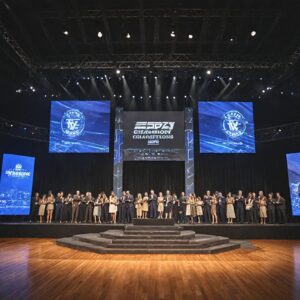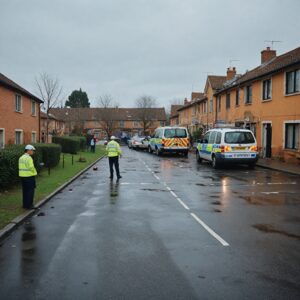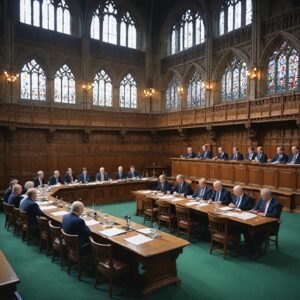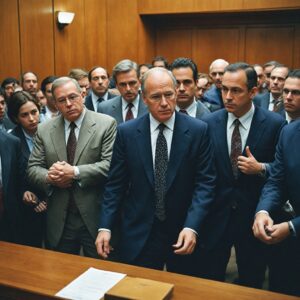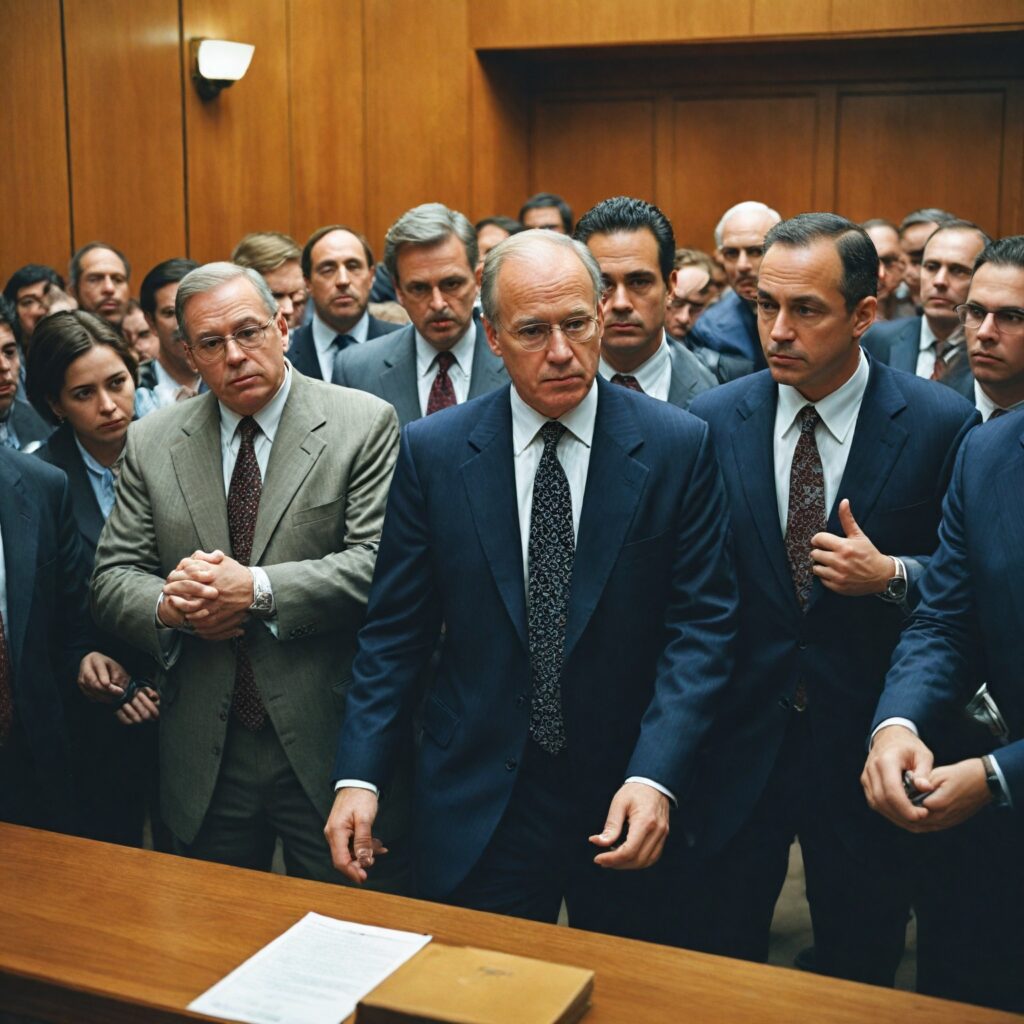
Highlights:
– Kneecap rapper Liam Óg Ó hAnnaidh released on unconditional bail after a terror charge.
– Supporters applaud as the rapper appears in London court.
– Kneecap members rally outside court, displaying solidarity for Mo Chara.
Legal Battle of Kneecap Rapper Liam Óg Ó hAnnaidh
The recent appearance of Irish language hip-hop group Kneecap member Liam Óg Ó hAnnaidh, known as Mo Chara, in a London court on a terror charge has sparked attention. Charged for displaying a flag in support of the proscribed organization Hezbollah at a London performance, the rapper has been released on unconditional bail. Stepping into Westminster Magistrates’ Court alongside his fellow bandmates, the support for the artist was evident as a round of applause greeted them outside the court in London.
This legal battle not only sheds light on freedom of expression but also delves into the complexities of supporting political causes while being scrutinized under the law. The presence of supporters, including high-profile figures from the Irish community, adds to the significance of the case, emphasizing solidarity for Mo Chara and the band amidst the legal proceedings.
Challenging Jurisdiction and Expression
The court proceedings highlighted the legal nuances surrounding the case of Liam Óg Ó hAnnaidh. While the defense claimed the court has no jurisdiction over the matter, the prosecutor clarified that the case does not revolve around the rapper’s support for Palestinian causes or criticism of Israel. Emphasizing the artist’s right to express solidarity for Palestinians, the legal battle hints at the complexities of balancing freedom of speech with legal constraints.
Amidst a packed courtroom and a strong show of support from the Irish language lobby and political figures, the case raises questions about the boundaries of expression, the role of activism in music, and the intricacies of legal jurisdiction in cases involving political statements.
Implications and Calls for Solidarity
As Kneecap members and supporters rally outside the court with “Free Mo Chara” T-shirts and a display of flags echoing messages of free speech and solidarity, the implications of this legal battle extend beyond the courtroom. The blend of political activism, artistic expression, and legal scrutiny presents a nuanced narrative that calls for reflection on the intersection of music, politics, and the law.
This case prompts discussions on the limits of artistic expression, the power dynamics in addressing political issues through music, and the importance of solidarity in the face of legal challenges. As the legal battle unfolds, it invites contemplation on the role of artists in advocacy, the boundaries of free speech, and the impact of legal proceedings on creative freedom.
In a nutshell, the legal battle of Kneecap rapper Liam Óg Ó hAnnaidh not only navigates the intricacies of legal jurisdiction and freedom of expression but also underscores the significance of solidarity and activism in the music industry. This case sparks conversations on the power of art in advocacy, the complexities of political statements in music, and the challenges artists face in balancing creative expression with legal constraints.
What are the implications of artists engaging in political activism through their music?
How can legal systems navigate cases involving freedom of expression and support for contentious political causes?
In what ways can the music industry and legal frameworks better support artists in advocating for social and political issues?
Editorial content by Reagan Chase


